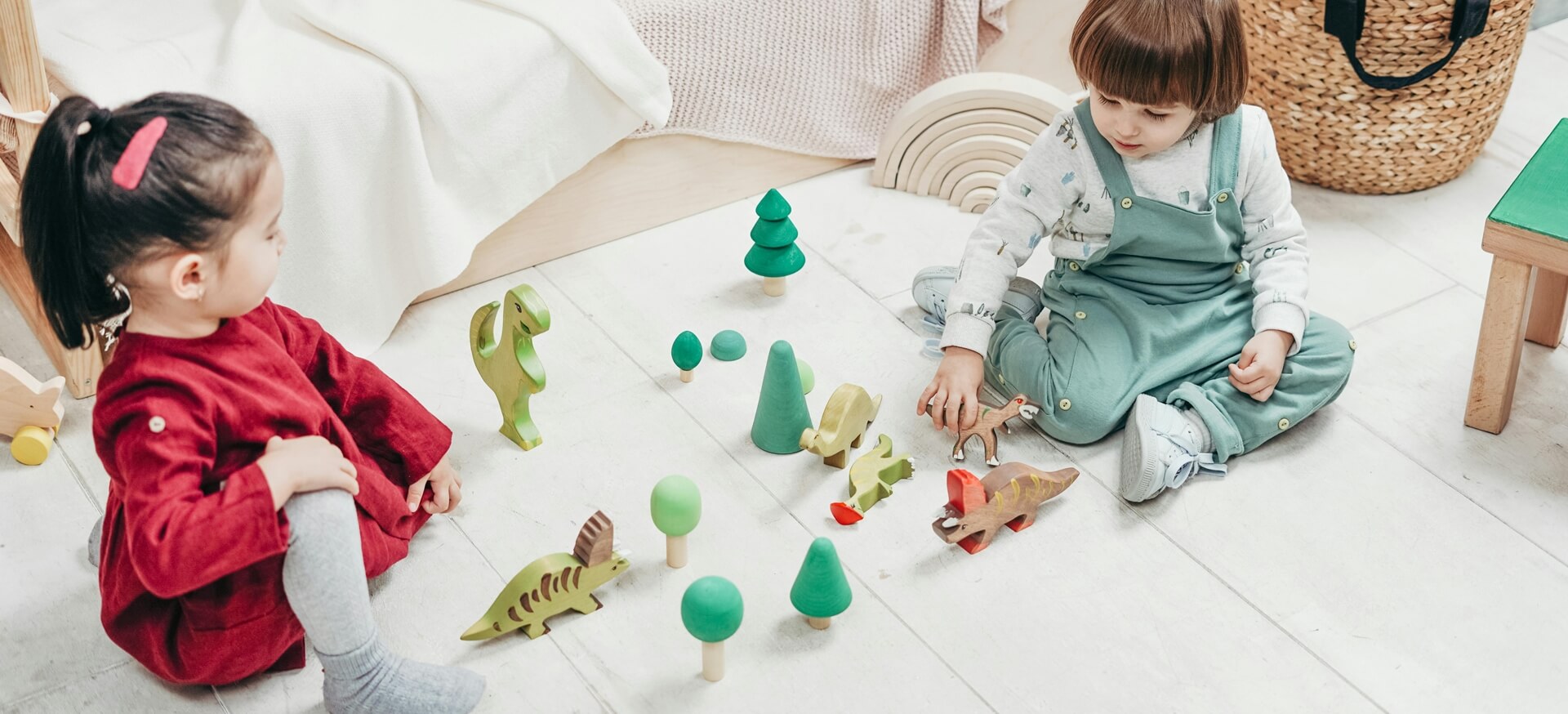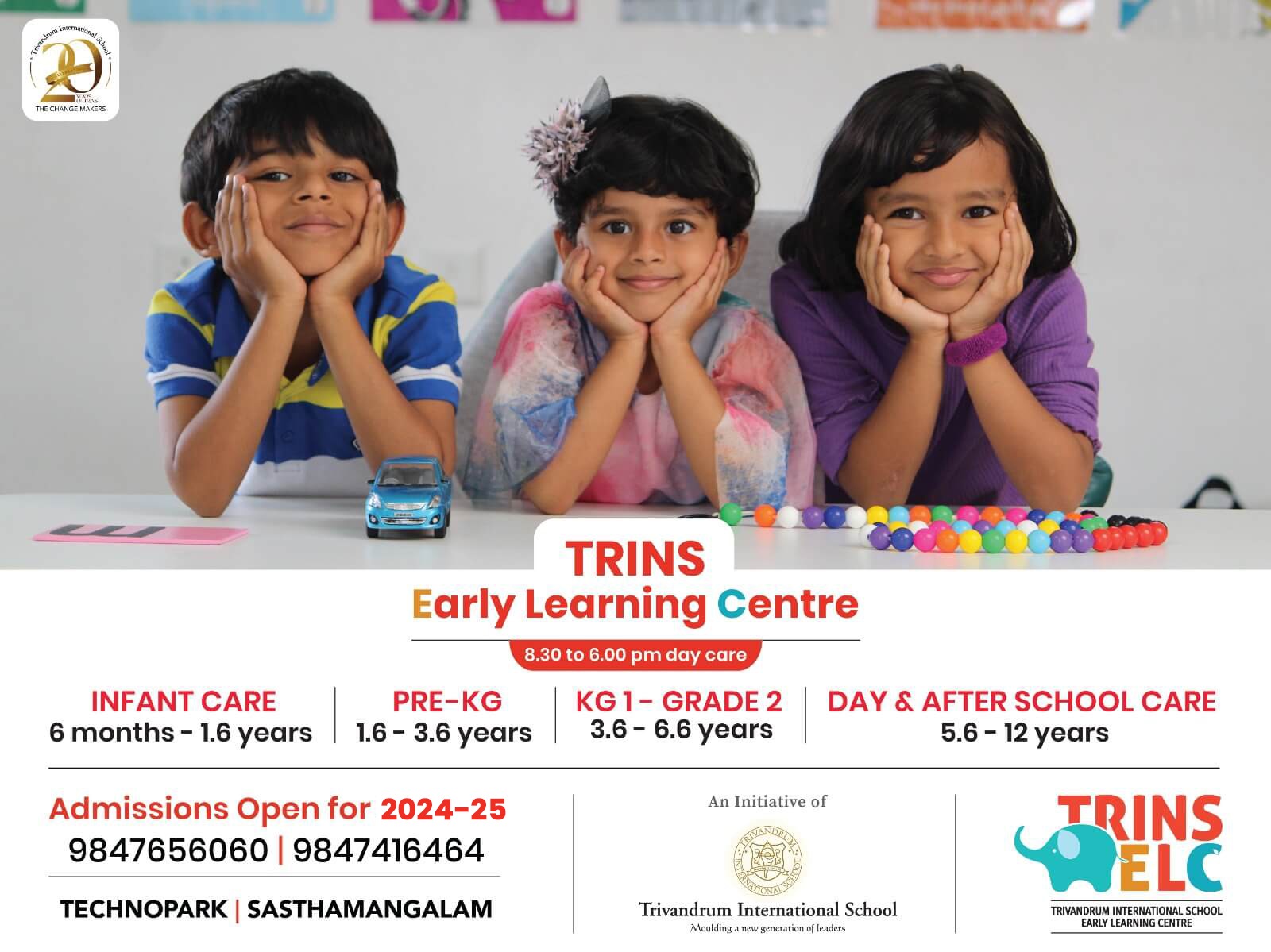


Gross Motor Skills for Preschoolers

Gross motor skills are essential for a child's overall development, focusing on large muscle movements that enable activities like walking, running, jumping, and climbing. These skills are fundamental for preschoolers as they lay the groundwork for physical fitness, coordination, and balance. Understanding the importance of gross motor skills can help caregivers and educators create environments that foster a child's growth and enhance their physical abilities.
Importance of Gross Motor Skills
Gross motor skills are crucial for the overall physical and cognitive development of preschoolers. They play a vital role in everyday tasks and contribute to the child's social skills, self-esteem, and independence. For instance, playing on the playground or participating in group games helps children interact with peers, boosting their confidence.
Key Benefits:
- Physical Health: Enhances muscle strength, flexibility, and cardiovascular health.
- Coordination: Improves hand-eye coordination, balance, and agility.
- Social Interaction: Encourages teamwork, cooperation, and communication skills.
Development Stages of Gross Motor Skills
Gross motor skills develop gradually in preschoolers, influenced by their age, environment, and exposure to various activities. Below is a table illustrating common milestones in the development of gross motor skills for preschoolers.
| Age Group | Milestones Achieved |
|---|---|
| 2-3 Years | Running, climbing stairs with support, jumping with both feet, kicking a ball |
| 3-4 Years | Pedaling a tricycle, standing on one foot, catching a ball, hopping on one foot |
| 4-5 Years | Skipping, climbing playground equipment, catching a smaller ball with two hands |
Activities to Enhance Gross Motor Skills
Creating opportunities for children to engage in physical activities is crucial for the development of gross motor skills. Here are some activities that can be incorporated into a preschooler's daily routine:
-
Outdoor Play: Running, jumping, and climbing are natural ways to enhance gross motor skills. Playgrounds with slides, swings, and climbing structures are ideal environments.
-
Dancing and Movement Games: Encourage children to participate in dancing or musical games. These activities improve coordination and rhythm, making them fun ways to boost gross motor skills.
-
Ball Games: Playing catch, kicking a ball, or bouncing a ball improves hand-eye coordination and motor control.
-
Obstacle Courses: Setting up simple obstacle courses with tunnels, hurdles, and balance beams can enhance agility and problem-solving skills.
How to Support Gross Motor Development at Home
Parents and caregivers can play a significant role in promoting gross motor skills at home by encouraging physical activities. Simple household items can be turned into fun challenges, such as using cushions as stepping stones or arranging chairs for a mini obstacle course. Encouraging regular outdoor playtime is equally important, as it allows children to explore their abilities and develop their strength.
Tips for Supporting Development:
- Be Patient: Every child develops at their own pace. Encourage them without pressure.
- Create a Safe Environment: Ensure the play area is free from sharp objects and hazards.
- Praise Efforts: Celebrate small achievements to build confidence.
Common Challenges in Developing Gross Motor Skills
While most children develop gross motor skills naturally, some may experience delays. This can be due to various factors, including lack of exposure to physical activities, medical conditions, or developmental disorders. Recognizing the signs of delayed motor skills can help caregivers intervene early.
Signs of Delay:
- Difficulty running or balancing.
- Avoidance of physical activities.
- Struggles with coordination tasks like jumping or throwing.
Gross motor skills are foundational to a preschooler's physical and emotional development. By encouraging activities that promote these skills, caregivers and educators can ensure that children are well-prepared for future challenges. Regular engagement in physical activities not only supports physical health but also nurtures social and emotional growth, setting the stage for a lifetime of healthy habits.





